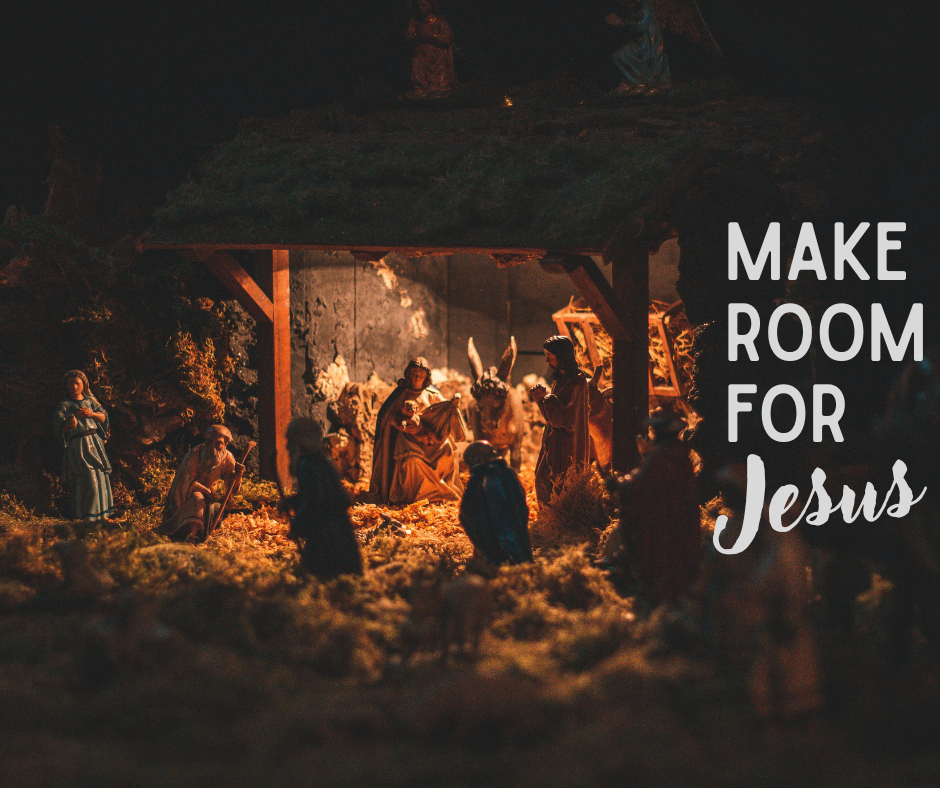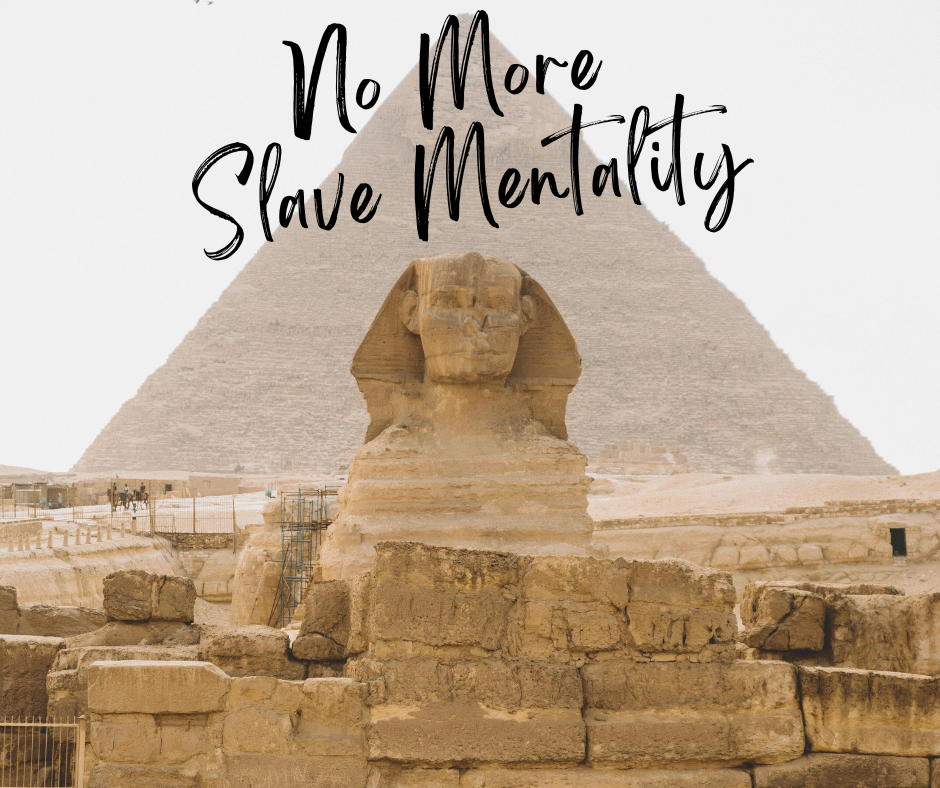Make Church Sacred Again
Listen to the Devotional Below

The Sacred and the Common: Rediscovering Holiness in Modern Life
We live in an age where boundaries blur, definitions shift, and the concept of holiness often feels like a relic of the past. Modern society has eroded anything sacred. But what if we're missing something vital by allowing the sacred to become commonplace?
Let's journey back to a pivotal moment in history - Palm Sunday. Jesus, the long-awaited Messiah, enters Jerusalem not on a majestic warhorse, but on a humble donkey. The crowds are ecstatic, laying palm branches and cloaks on the road, shouting "Hosanna!" But there's a disconnect. The people expect a conquering king, yet Jesus arrives as a gentle, peaceful ruler.
This moment beautifully illustrates how we often shape our expectations of God to fit our desires, rather than aligning ourselves with His true nature. We want a Messiah who fixes our external problems, while God seeks to transform our hearts.
As Jesus enters the temple, He encounters a scene that moves Him to righteous anger. The house of prayer has become a "den of robbers." This isn't just about financial corruption; it's a profound statement on how easily we can corrupt the sacred spaces in our lives.
Today, we face a similar challenge. Have we, in our familiarity with church and religious practices, lost the sense of awe and reverence that should accompany our worship? Has Sunday become just another day, indistinguishable from the rest of the week?
The concept of holiness - being set apart - is at risk of extinction in our culture. We use the word "love" to describe our feelings for both pizza and our spouse. We approach God with casualness that borders on disrespect. In our effort to make faith accessible, have we inadvertently made it common?
This isn't a call for rigid legalism or outdated traditions. Rather, it's an invitation to rediscover the beauty of the sacred in our lives. It's about cultivating a mindset that recognizes the profound difference between the holy and the mundane.
Consider how you approach Sunday worship. Is it with the same attitude you bring to any other activity, or do you prepare your heart for an encounter with the divine? Do you enter the church building with a sense of expectancy, ready to meet with the King of Kings?
The Bible tells us that God is both transcendent (far beyond us) and immanent (intimately close). This tension should shape how we relate to Him. We're called to approach God with both familiarity as beloved children and reverence as creatures before their Creator.
In our desire to emphasize God's love, we sometimes neglect His holiness. Yes, He loves us unconditionally, but that love doesn't negate His standards or His desire for our growth. True love - divine love - isn't afraid to challenge, correct, and call us higher.
Think of a skilled coach pushing an athlete to reach their full potential. The coach's high standards and tough training aren't meant to discourage but to draw out greatness. Similarly, God's call to holiness isn't about impossible rules; it's an invitation to become all He created us to be.
This message isn't just about individual spirituality; it has profound implications for how we treat others. If we truly see the church as God's house and fellow believers as image-bearers of the divine, how might that change our interactions? Would we be quicker to forgive, slower to judge, more eager to build up rather than tear down?
The challenge before us is to reclaim the sacred without falling into self-righteousness or empty ritual. It's about cultivating a heart that recognizes the holy, not just in church buildings or religious symbols, but in everyday moments and encounters.
Make Church Sacred Again
Here are some practical steps to consider:
1. Prepare for worship: Take time before church (or any spiritual gathering) to quiet your heart and focus on meeting with God. In the Bible, Sabbath began at sundown the night before.
2. Create sacred spaces: Designate areas in your home or times in your schedule specifically for prayer, reflection, or Bible study.
3. Use language intentionally: Be mindful of how you speak about God and spiritual matters. Let your words reflect reverence.
4. Practice Sabbath: Set apart one day a week for rest, worship, and reconnecting with God and loved ones.
5. Look for the sacred in the ordinary: Train your eyes to see glimpses of God's beauty and holiness in nature, art, relationships, and daily life.
6. Embrace loving discipline: When you encounter correction or challenges in your spiritual journey, view them as opportunities for growth rather than punishment.
7. Honor others: Treat fellow believers (and all people) with the respect due to those created in God's image.
It's crucial to remember that pursuing holiness isn't about earning God's love or favor. We don't become holy through our own efforts. Rather, it's a response to the grace we've already received through Jesus Christ. Our pursuit of holiness is empowered by God's Spirit working within us.
As we navigate this tension between the sacred and the common, may we be people who stand out - not in self-righteous superiority, but in the quiet radiance of lives touched by the holy. May we be the "salt of the earth," as Jesus called us, preserving what's good and bringing out the God-flavors in this world.
Let's reclaim the sacred, not as a burdensome duty, but as a joyful privilege. In doing so, we may find that our lives become beacons of hope in a world starved for meaning and transcendence.
-----
Here's a 5-day Bible reading plan and devotional guide for your week:
Day 1: The Sacred and the Common
Reading: Matthew 21:12-17
Devotional: Jesus' cleansing of the temple reminds us of the importance of treating sacred things with reverence. In our busy lives, it's easy to become casual about our faith and worship. Reflect on areas where you may have allowed the sacred to become common in your life. How can you restore a sense of awe and reverence in your relationship with God? Consider setting aside a specific time and place for prayer and Bible reading, approaching it with intentionality and respect. Remember, God desires a heart that recognizes His holiness while also embracing His love.
-----
Day 2: Humility and True Kingship
Reading: Zechariah 9:9-10, Matthew 21:1-11
Devotional: Jesus' entry into Jerusalem on a donkey fulfills prophecy and demonstrates a different kind of kingship - one of humility and peace. In a world that often equates power with force or wealth, Christ's example challenges us to redefine true greatness. How might God be calling you to exercise humility in your life? Reflect on areas where pride may be hindering your spiritual growth or relationships. Ask God to give you the strength to choose the path of humility, even when it's difficult or countercultural.
-----
Day 3: The Heart of Worship
Reading: Isaiah 56:6-7, Jeremiah 7:9-11
Devotional: Jesus quotes these prophets when cleansing the temple, emphasizing that God's house should be a place of prayer, not exploitation. This serves as a powerful reminder about the true nature of worship. It's not just about outward actions, but the condition of our hearts. Take time to examine your motivations in worship and service. Are you seeking God's presence or merely going through religious motions? Ask the Holy Spirit to renew your passion for genuine worship and to reveal any areas where you may be "going through the motions" rather than engaging your heart.
-----
Day 4: Discipleship and Correction
Reading: Hebrews 12:5-11
Devotional: God's discipline, as discussed in the sermon, is a sign of His love for us. Like a good coach or parent, He corrects us to help us grow and reach our full potential. Reflect on times when you've experienced God's correction in your life. How did you respond? What did you learn? Ask God for the grace to receive His discipline with humility and to see it as an opportunity for growth. Consider areas in your life where you might need to invite God's loving correction and be open to His guidance.
-----
Day 5: Set Apart for a Purpose
Reading: 1 Peter 2:9-12
Devotional: As believers, we are called to be "set apart" - holy and distinct from the world around us. This doesn't mean withdrawing from society, but rather living in a way that reflects God's character and values. How can you be "salt and light" in your daily interactions? Reflect on ways you might be tempted to blend in with the world rather than standing out for Christ. Ask God to give you the courage to live distinctively for Him, showing His love and truth to those around you. Remember, we are set apart not for our own glory, but to point others to the goodness of God.

Making Room for Jesus
We all know the Christmas story, don't we? Mary, heavily pregnant, riding a donkey through the night. Joseph frantically knocking on door after door in Bethlehem, hearing "No vacancy!" at every inn. Finally, in desperation, they settle for a stable where Jesus is born among the animals. That same night, shepherds rush in after seeing angels, and wise men arrive with their gifts of gold, frankincense, and myrrh. It's a beautiful, touching scene we've carried in our hearts since childhood.But what if much of what we "know" isn't quite what the Bible actually says?
Read More
No More Slave Mentality
Life has a way of getting harder right when we think we're finally stepping out in faith. We convince ourselves that obedience to God should make things easier, smoother, more comfortable. But what happens when the opposite occurs? What happens when we take that leap of faith and suddenly the ground beneath us feels even more unstable?
Read More
Gratitude Is A Virtue Not A Feeling
When we think about gratitude, most of us wait for a warm fuzzy feeling to hit us. We expect goosebumps, a stirring in our hearts, or at least a momentary rush of appreciation. But what happens when that feeling doesn't come? What happens when life feels more like a pile of torn-up concrete and rebar than a smooth, well-paved road?
Read MoreStay Connected with Revive
Sign up for our newsletter to stay informed about upcoming events, sermons, and community updates. Don’t miss out on what’s happening at Revive Church—delivered right to your inbox.


